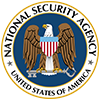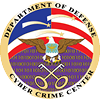Industry Snapshot
This program is designed to help prepare you to develop mission-focused digital strategies for organizations. Potential career fields include cybersecurity and technology architecture, information security, cybersecurity analysis and engineering, board advising, and cybersecurity consulting.


